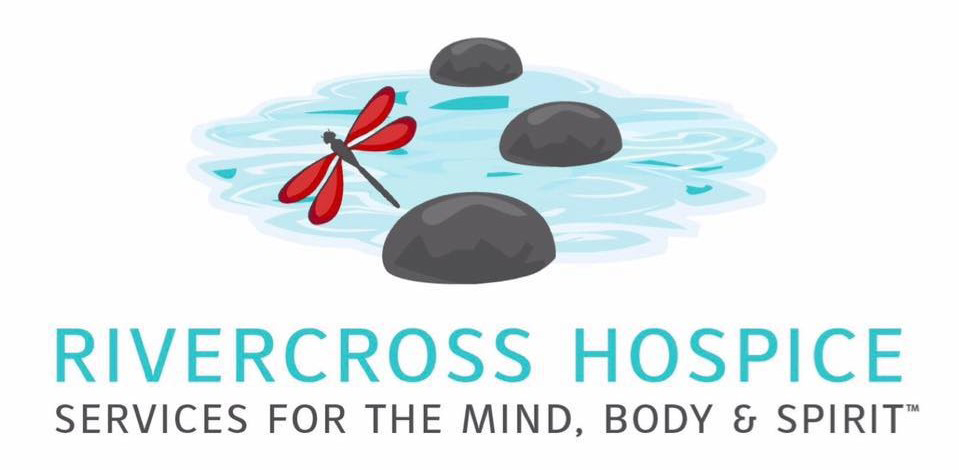Facing serious illness in a loved one can be emotionally overwhelming, often bringing a unique kind of mourning called anticipatory grief. As families explore options like hospice care in Muskogee, OK, it’s essential to understand what anticipatory grief is, the emotions it brings, and actionable ways to find support throughout the journey.
Recognizing the Signs and Emotions of Anticipatory Grief
Anticipatory grief is the emotional pain experienced before an impending loss, such as when a loved one is facing a life-limiting illness. Unlike traditional grief, which occurs after loss, anticipatory grief can begin much earlier and unfold in complex ways. Knowing what emotions may surface can help us navigate them with greater compassion.
Common emotional responses include:
- Intense sadness, fear, or anxiety about the future
- Guilt about feeling “ready” for the loss, or for moments of relief
- Anger or resentment over the situation or perceived lack of control
- Loneliness, even when surrounded by family
These feelings are common. It helps to acknowledge and talk about them openly. By recognizing our emotional responses, we allow ourselves to process them in a healthy way.
Practical Strategies for Navigating Anticipatory Grief
While anticipatory grief is deeply personal, there are proven strategies and resources we can draw upon:
- Stay connected: Share feelings with trusted family members or friends; isolation often deepens sadness.
- Create meaningful moments: Celebrate your loved one, engage in favorite pastimes, or reminisce together. Cherishing special memories can offer comfort.
- Writing in a journal: Expressing thoughts in writing can help clarify emotions and relieve inner tension.
- Practice self-care: Caring for ourselves, through rest, healthy nutrition, and gentle exercise, empowers us to care for others.
- Seek professional support: Hospice teams offer counseling, respite care, and spiritual resources that address the needs of both patients and their families.
Transitioning to hospice care often enhances the support network, providing tools and guidance tailored to the emotional challenges ahead.
Ready to discuss your family’s needs? Our care team offers confidential and compassionate guidance. Reach out today to explore the support available to you.
How a Holistic Hospice Team Eases Emotional Burdens
Anticipatory grief doesn’t have to be carried alone. When you partner with a hospice team, you gain access to holistic services designed to alleviate burdens and foster hope, even in the most challenging times. Hospice care professionals are specially trained to recognize and support the emotional, spiritual, and practical needs of every family member.
Here’s what a dedicated team can provide:
- Personalized emotional support: Social workers listen and provide counseling to families, helping everyone feel heard and understood.
- Education and communication: Hospice nurses and counselors guide families, explaining changes to expect and helping answer tough questions.
- Bereavement care planning: Even before loss occurs, hospice staff help families prepare for all that comes after, offering resources and grief counseling.
- Facilitating legacy work: Chaplains, social workers, and volunteers help create lasting memories and honor end-of-life wishes.
By providing resources that extend beyond medical care, a full-spectrum hospice team encourages resilience and nurtures lasting bonds among loved ones.
Would you like to learn more about the supportive services available? Discover how our hospice team can walk alongside you each step of the way by visiting our hospice care page.
Embracing Support Networks Beyond the Home

Seeking help from outside resources can be empowering for families facing anticipatory grief. Whether through local support groups, faith communities, or individual counseling, families benefit when they reach out and share their experiences with others who understand the journey they are on.
- Consider these steps for expanded support:
- Join a caregiver or grief support group, either in person or online.
- Engage with counseling or therapy to develop healthy coping skills.
- Lean on spiritual care services for comfort and meaning.
Remember, asking for help isn’t a sign of weakness; it’s a step toward healing, for ourselves and those we love. Support networks can amplify our strength during challenging times.
Finding Hope and Guidance on the Journey Ahead
Coping with anticipatory grief is a challenging and personal experience, but compassionate support can make all the difference. Families exploring hospice care in Muskogee, OK, deserve clear, empathetic resources that prioritize the unique needs of each individual. At Rivercross Healthcare, we understand the importance of emotional support in every step of your family’s care journey. For guidance, counseling, and a network of compassionate professionals, contact us today to learn how we can support you and your loved ones during this challenging time.




